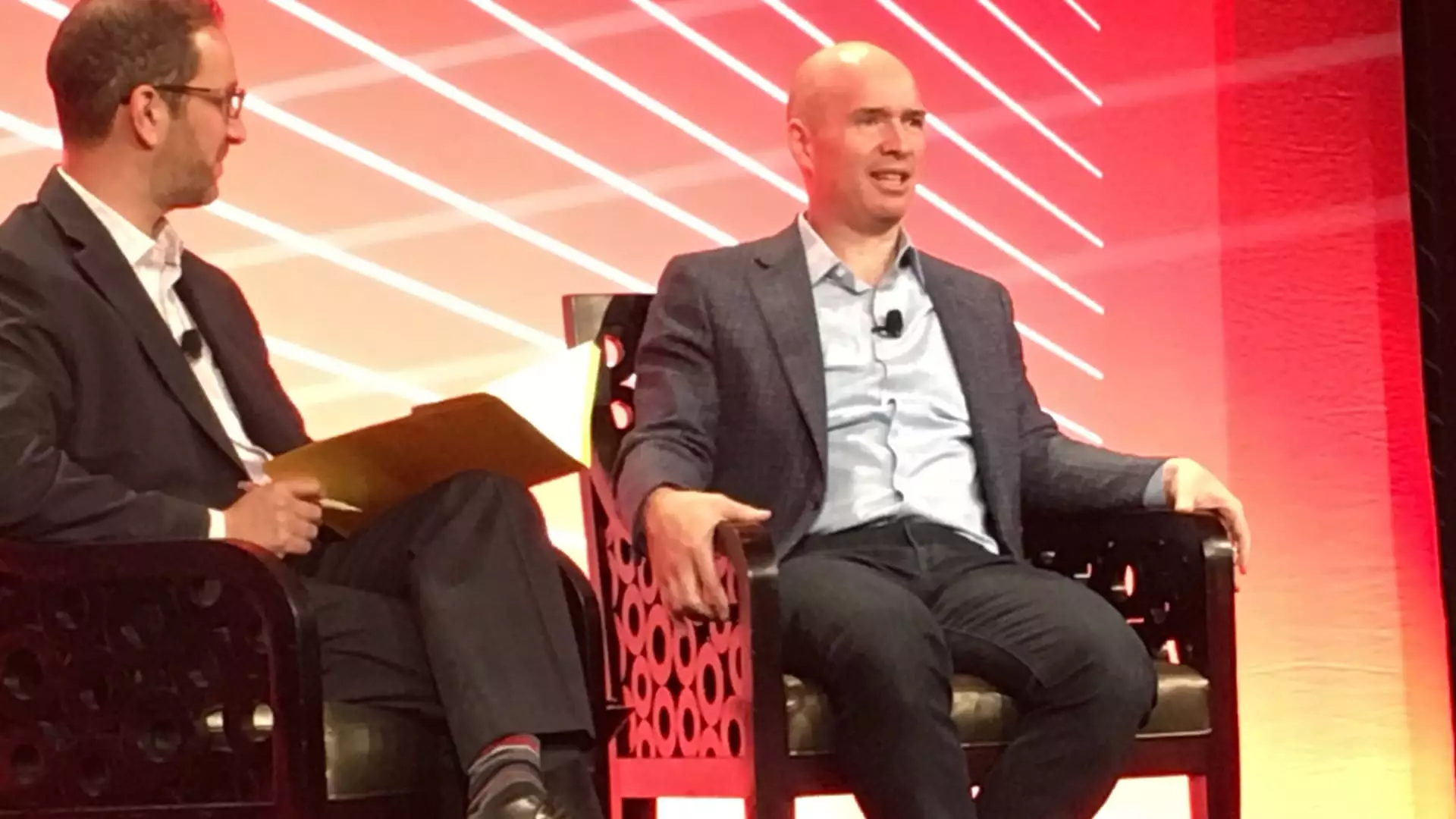In a surprising twist in the political arena, venture capitalist Ben Horowitz, renowned for backing Donald Trump’s campaign initiatives, has recently announced his financial support for Vice President Kamala Harris’ re-election bid. This move comes less than three months after his initial commitment to political action committees aligned with Trump. Horowitz, alongside his wife Felicia, has articulated a long-standing relationship with Harris, suggesting that personal connections are a significant driving force behind his shifting political allegiance.
In a letter distributed to employees of his venture capital firm, Andreessen Horowitz, Horowitz elaborated on his motives for supporting Harris. He described his friendship with the Vice President, stating that their relationship has endured for over a decade. Horowitz emphasized the importance of personal bonds in influencing political contributions, indicating that such ties can overshadow previous enmities or political alignments. This gesture may also reflect broader trends in the tech industry, where personal relationships and shared values increasingly shape financial backing.
The venture capitalist has vowed to provide substantial donations to organizations supporting Harris’ campaign, a move that seems to contrast sharply with his earlier financial commitments. While the funding details remain undisclosed, the significance of these contributions cannot be understated; they may signal a shift in the tech industry’s political landscape, one where loyalties are fluid and shaped by evolving relationships. The announcement by Horowitz raises questions about the underlying motivations of tech investors and the extent to which personal ties influence political endorsements in a sector often criticized for its insular dynamics.
Despite this divergence toward supporting Harris, both Horowitz and his co-founder, Marc Andreessen, maintain that the firm has not made any formal endorsements for the 2024 election cycle. Their previous backing of Trump’s campaign was attributed to what they deemed a more favorable approach toward “Little Tech”—an agenda aimed at defending the interests of smaller tech firms against regulatory pressures from the Biden administration. This dichotomy highlights a complicated narrative where financial support can oscillate between contrasting political figures based on their perceived effects on the tech industry.
Horowitz’s recent political maneuvers provide a compelling lens through which to examine the intersection of technology, personal relationships, and political funding. The venture capitalist’s shift from supporting Trump to endorsing Harris underscores a fluidity in political loyalties that may resonate throughout the tech world. As political allegiances continuously evolve, the implications for startup policies and innovations remain to be seen, but Horowitz’s actions undoubtedly hint at the potential for greater complexity in the political financing narratives of the future.


Leave a Reply
You must be logged in to post a comment.